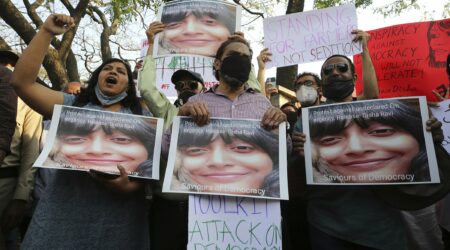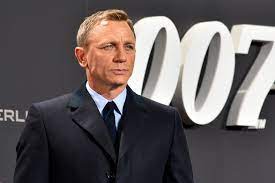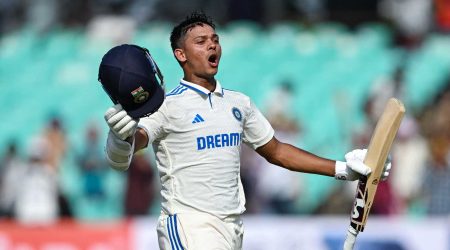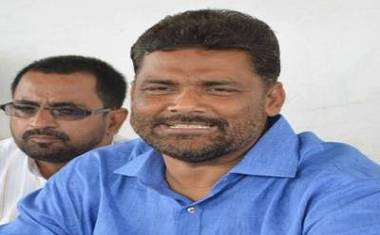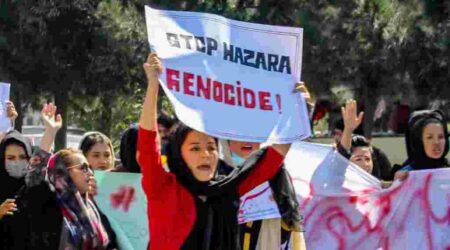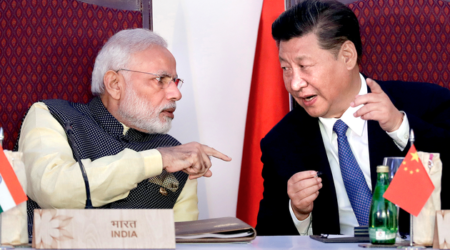New Delhi: The Supreme Court has agreed to examine, on February 6, a plea challenging the Centre’s ban on the BBC documentary in connection with the 2002 Gujarat Riots.
Advocate M L Sharma mentioned the plea for urgent listing before a bench headed by Chief Justice of India D Y Chandrachud, and the top court agreed to hear it on February 6.
The series, titled “India: The Modi Question”, has been dismissed as a biased “propaganda piece” by the government.
The plea, filed by Sharma, contended that the BBC documentary was released for public view, however due to fear of truth, the documentary has been banned from viewership in India by any means under Rule 16 of IT Act 2021.
Sharma’s plea sought a direction for quashing of the January 21 order under the IT Act being illegal, malafide and arbitrary, unconstitutional and void ab-initio and ultra vires to the Constitution.
The documentary has been banned on social media and online channels, but some students have screened it on campuses of various universities across the country.
Sharma’s plea contended that the BBC documentary has reflected true facts with original recording of the victims of 2002 riots as well as others concerned involved in the scenario of riots, and it can be used for judicial justice.
The top court will also hear next week, a separate petition filed by journalist N Ram, Trinamool Congress MP Mahua Moitra, and advocate Prashant Bhushan on taking down their tweets with links of the documentary.
‘Waste of SC’s precious time’: Rijiju
Union Law Minister Kiren Rijiju has described as a “waste of the Supreme Court’s precious time” the petitions, which challenged the ban on a BBC documentary in connection with the 2002 Gujarat riots.
Rijiju tweeted: “This is how they waste the precious time of Hon’ble Supreme Court where thousands of common citizens are waiting and seeking dates for Justice”.



